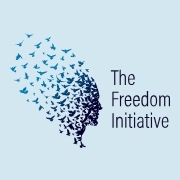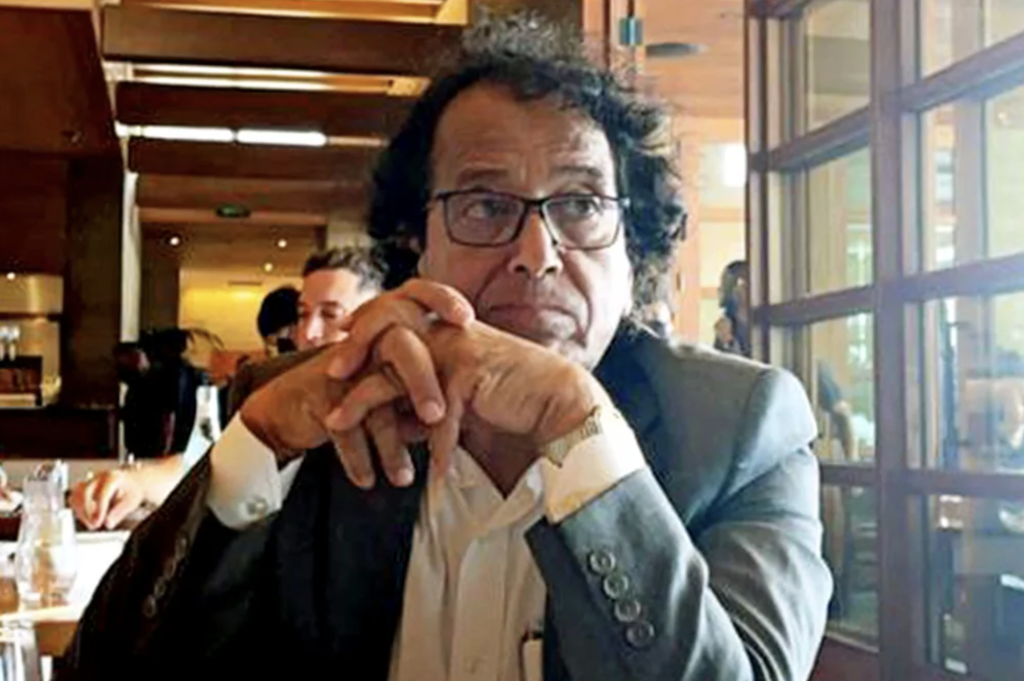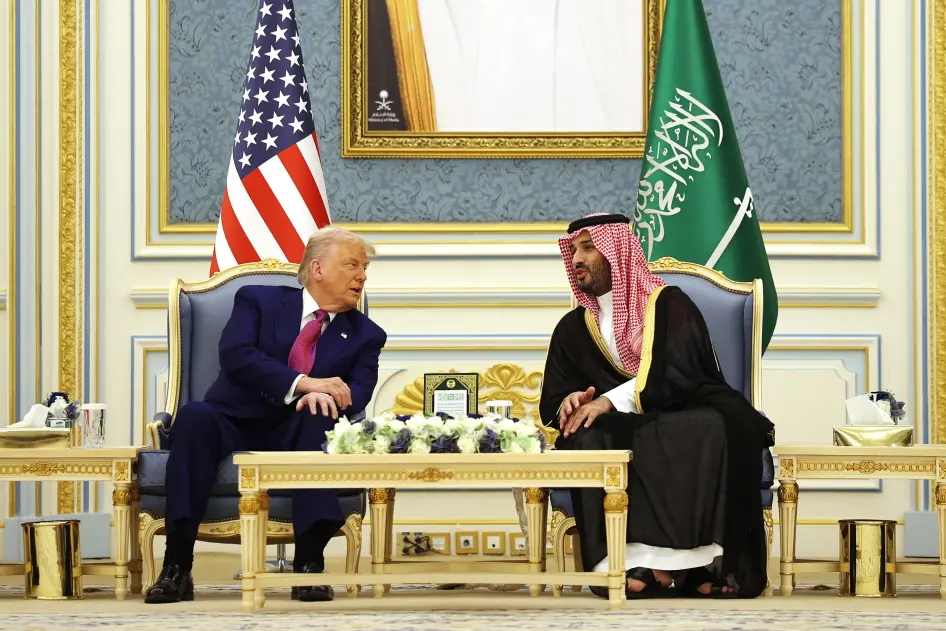Letter to the UN Secretary-General Regarding the Hosting of IGF 2024 in Saudi Arabia
October 12, 2023
CC:
Mr. Li Junhua of China, UN Under-Secretary-General for Economic and Social Affairs
Mr. Vint Cerf, IGF Leadership Panel Chair, and Ms. Maria Ressa, Vice-Chair
Mr. Chengetai Masango, Head of Office / IGF Programme and Technology Manager
Mr. Paul Mitchell, Chair, Multistakeholder Advisory Group (MAG)
Ms. Carol Roach, Incoming Chair, MAG
To Your Excellency Secretary-General António Guterres:
We write as a network of global, regional, and local civil society organizations to express our alarm regarding the eventual decision that the government of Saudi Arabia will host the next annual meeting of the Internet Governance Forum (IGF), and call on you to reverse this decision and urgently review the decision-making process. Hosting the next IGF in Saudi Arabia, a country with a deeply troubling human rights record, would effectively make it unviable for civil society to freely and safely participate in the meeting, consequently threatening the legitimacy of the multistakeholder model that forms the cornerstone of IGF, and as the paragraph 35 of the Tunis Agenda states, is necessary for “the management of the Internet.”
Our organizations commit each year to strengthen the IGF, investing significant time and scarce resources into its national, regional, and global forums. The meaningful participation of civil society at the annual meeting plays a vital role in upholding the multistakeholder model of dialogue that the IGF Mandate is premised upon. Against a backdrop of Saudi Arabia’s ongoing human rights abuses, hosting the next IGF in the country will severely undermine civil society’s ability to participate in the annual meeting, given the great risks to physical and digital safety and security it will pose.
The government of Saudi Arabia has a long history of silencing and persecuting activists, human and women’s rights defenders, and journalists, and violating the basic rights of its citizens through censorship, surveillance, forced disappearance, extrajudicial killings, detention, and torture. Five years after the brutal murder of prominent Saudi journalist and human rights advocate Jamal Khashoggi by the Saudi government, there continue to be unprecedented attacks on freedom of expression, both online and offline – and there has yet to be justice for Jamal. By awarding the hosting of the annual IGF to Saudi Arabia, the United Nations makes a mockery of its stated goals of protecting press freedom and combating impunity for the killing of journalists, including goal 16.10 of the SDGs. This decision normalizes violence and tacitly supports the shocking, repressive tactics used to keep people from challenging the powerful.
Recent examples illustrate the brutal reality of Saudi Arabia’s repression. On 10 July 2023, Saudi Arabia’s Specialized Criminal Court sentenced to death a 54-year old retired teacher, Mohammed al-Ghamdi, for his peaceful expression on social media under the country’s draconian Counter-Terrorism Law. Prior to that, on 9 August 2022, the same court sentenced Salma al-Shehab — a 34-year-old mother of two children and PhD student at Leeds University — to 34 years in prison after a grossly unfair trial, to be followed by a travel ban of the same length. The charges against her included “supporting those who seek to disrupt the public order” and publishing tweets “that disrupt the public order,” in connection with posts on her account where she expressed support for prisoners of conscience in Saudi Arabia. The court also ordered closure of her Twitter account and deactivation of her phone number. Two Saudi Wikipedia volunteers remain unjustly imprisoned in connection with their work advancing access to information on the platform. Osama Khaled was arrested on July 23, 2020 in Riyadh and received a sentence on January 26, 2022 of eight years imprisonment; his sentence was increased in May 2022 to 32 years. Ziad Al Sufiyani was arrested on September 26, 2020 and received a sentence of five years imprisonment, which is now 14 years.
These cases mark an alarming, unprecedented assault on freedom of expression and raise serious questions about the extent to which civil society can participate freely and safely in conversations around these issues at the next iteration of IGF without the threat of government reprisal, harassment, or intimidation – both during the event itself and long after it has moved on to its next cycle.
Furthermore, the future of a safe, free, and open internet hinges on the full participation of diverse groups including the LGBTQ community and women’s rights organizations – who have been subject to harassment and persecution. Saudi Arabia outlaws same-sex relations and criminalizes forms of gender expression, which could be punishable by death penalty. Women human rights defenders have also faced relentless repression for demanding to exercise their rights, including tech-facilitated gender-based violence, forced disappearance, arbitrary detention, and torture. Our communities, members, and staff are not free to live in or visit Saudi Arabia under such conditions.
Lastly, the government of Saudi Arabia has an extensive record of spying on its own citizens, including through illegally accessing their personal information and the use of spyware to track and censor journalists, dissidents, and human rights defenders at home and in exile. The invasive level of digital surveillance, the country’s abysmal track record of transnational repression, the closure of online and offline civic spaces, and the intolerance to any form of dissident puts in question the extent to which civil society can participate freely and safely in an IGF hosted in the country, even if they choose to do so online, effectively erasing civil society’s voices from critical conversations. Saudi Arabia’s persistent violence against refugees from Africa, failure to protect migrant workers from South Asia, collaboration with the Chinese government on extradition of Uyghurs, and crackdown on non-nationals speaking out about events across the MENA region all highlight how Saudi Arabia’s tactics put the entire global human rights community who aim to engage at IGF at risk.
The importance of civil society voices at the IGF cannot be understated. For instance, we have seen the ways in which the IGF Kyoto has provided a key platform for stakeholders to consult civil society extensively on the Global Digital Compact, as well as civil society’s leadership in groundbreaking conversations around encryption, privacy, and data protection, to name a few. We understand the IGF is but one in a constellation of convenings that form the foundation of our digital governance, but with the walls closing in on civic space around the world, it is essential that the integrity of this multistakeholder space is defended and strengthened. We firmly believe that we cannot build towards the Internet We Want, especially one that is safe, open, secure, and rights-respecting, if the setting for these conversations is one where activists calling for basic rights continue to be ruthlessly targeted and silenced, with repressive laws being used to criminalize their peaceful expression and activism.
As a global network of civil society organizations, we the undersigned urge you to:
- Not grant Saudi Arabia host country status for the global IGF annual meeting, and immediately review the decision to do so;
- Incorporate a robust, thorough human rights due diligence process in the review of this and future decisions about host locations;
- Commit to hosting the IGF in contexts where civil society can freely and safely participate;
- Take the necessary steps to identify a host location for 2024 in alignment with these commitments, and explore all available alternatives in both location and format that may be available to ensure civil society and other actors facing heightened risk have meaningful pathways for engagement; and
- Ensure sustainable funding and renewal of the IGF mandate with safeguards for robust civil society participation.
Saudi Arabia meaningfully demonstrating its respect for human rights through consistent actions is the only path forward for earning the trust of this multistakeholder community, and we urge UN and IGF leadership to make that message clear. Hosting a robust and inclusive gathering like the IGF is incompatible with forcible disappearance, arbitrary detention, and reprisals against those peacefully exercising their rights to freedom of expression, association, and peaceful assembly, and Saudi authorities must make urgent as well as long-term reforms, starting with unconditional release of those unjustly detained, before meriting consideration.
Access Now
Africa Freedom of Information Centre (AFIC)
ALQST For Human Rights
Alternatives Canada
Associació Pangea Coordinadora Comunicació per a la Cooperació (Pangea)
Association of Progressive Communications (APC)
ARTICLE 19
The Calyx Institute
Coalizão Direitos na Rede
Center for Media Studies and Peacebuilding (CEMESP-Liberia)
Collaboration on International ICT Policy for East and Southern Africa (CIPESA)
Common Cause Zambia
Derechos Digitales
Digital Action
DiraCom – Direito à Comunicação e Democracia
Digital Empowerment Foundation
Electronic Frontier Foundation (EFF)
Epicenter.works – for digital rights
European Center for Not-for-Profit Law (ECNL)
European Saudi Organization for Human Rights
(ESOHR)
FairSquare
The Freedom Initiative
Fission Internet Software Services for Open Networks Inc.
Foundation for Media Alternatives (FMA)
Fundación Karisma
Hermes Center
Hiperderecho
Human Rights Online Philippines (HRonlinePH)
Global Digital Inclusion Partnership (GDIP)
Global Voices
GreenNet
IFEX
IRPC
INSM Foundation for Digital Rights
Instituto Nupef, Brazil
International Press Centre (IPC)
InternetBolivia.org Foundation
JCA-NET(Japan)
KICTANet
Kandoo
Legal Resources Centre
Manushya Foundation
Measurement Lab
Open Observatory of Network Interference (OONI)
Paradigm Initiative
PEN America
Pollicy
Privacy International
Project on Middle East Democracy (POMED)
Red en Defensa de los Derechos Digitales (R3D)
Red Line for Gulf
Rudi International
Sarvodaya Fusion- Sri Lanka
SMEX
Southeast Asia Freedom of Expression Network (SAFEnet)
TEDIC
Tech4Peace
The Tor Project
Unwanted Witness
VOICE
Women of Uganda Network(WOUGNET)
Zaina Foundation – Tanzania




